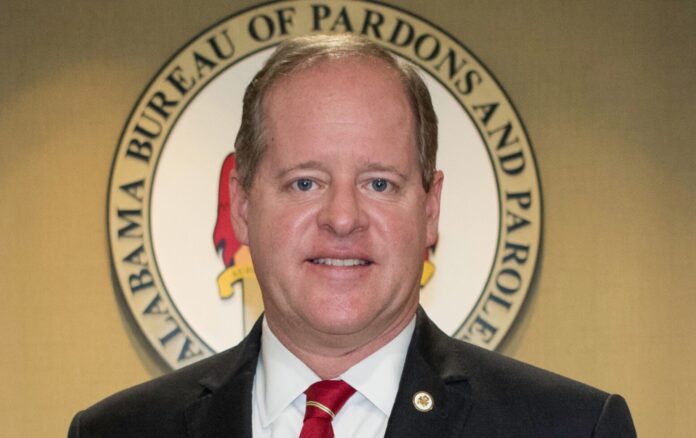When a person returns to their community after serving their time in Alabama, they should be able to do so with confidence that they will receive the skills and supports necessary for gainful employment, financial stability, a renewed commitment to their families, and good health. And the rest of us should stand ready to walk alongside them. But too often, we send people home woefully underprepared and unsupported for the realities they face after release, which is a direct threat to public safety. The result is predictable: 30 percent of those community members will be back in prison within three years.
I know we can do better, and that’s why I’m proud Governor Kay Ivey has asked me to lead a transformative new initiative for our state called Reentry 2030. Our goal is as simple as it is bold: cut our state’s recidivism rate in half by 2030. We will also increase participation in post-release employment services by 50 percent over the same period. With over 43,000 people in Alabama currently serving on either probation or parole, these efforts could greatly assist in improving public safety.
What makes me so confident we can get the job done? We’ve got the will, and we’ve already gotten started. Our state’s participation in Reentry 2030 builds on recent investments to improve outcomes for people leaving prisons and jails, particularly through our day reporting centers. At any of our 12 day reporting centers across the state, people on probation or parole can access services and resources they need while ensuring accountability and compliance with supervision requirements. Statistics show with the addition of programming, recidivism rates are half of the general recidivism rate for the state. The general recidivism rate is between 28-33 percent. With programming, we’ve achieved rates as low as four percent.
Alabama’s greatest strength in the journey toward better reentry outcomes will be its all-hands-on-deck approach. Recognizing no single agency can accomplish this alone, Alabama state legislators formed the Commission on Reentry in 2021. Policymakers and leaders from the state departments of the Bureau of Pardons and Paroles, Labor, Corrections, community supervision, Alabama Law Enforcement Agency, Office of Prosecution Services, Mental Health, Medicaid, Human Resources, and Veterans’ Affairs, among others, joined forces on the commission and developed recommendations and strategic plans to improve how the agencies collectively serve people returning to the community from prison. A final report was issued in January 2023 outlining our plans to accomplish these goals.
These agencies have already been working together collaboratively to achieve our Reentry 2030 goals. We’re going to continue things like expand access to behavioral health care and addiction treatment, streamline the issuance of state identification cards, and increase participation in job training, apprenticeship, and educational services.
We picked these strategies because we know they’ll be impactful. Seventy-five to 80 percent of people in Alabama Department of Corrections custody have a substance use disorder, which means improving and expanding treatment services is imperative to see better reentry outcomes. And vital documents and access to education are essential building blocks for any person’s economic mobility and social capital. That’s particularly the case for those who have been disconnected from their families and community, who experience the many barriers people with criminal records face, and who may have had limited opportunities prior to their incarceration.
We’re not alone in this work. Reentry 2030 is a national initiative led by The Council of State Governments Justice Center, the Correctional Leaders Association, and JustLeadershipUSA, with support from the Bureau of Justice Assistance, which is a component of the Department of Justice’s Office of Justice Programs. Missouri became the first state to join the initiative earlier this year.
Reentry 2030 aims to dramatically improve reentry success for people exiting prison and those under supervision. By joining the initiative, we get support from these national organizations to meet the goals we set for ourselves. We’ll exchange ideas with Missouri and the other states I believe will follow our lead.
The bottom line: we must provide better reentry programing to the post-incarcerated population of our state if we are going to make a meaningful impact in preventing those people from recommitting a criminal act.
Alabama’s resolute goal to slash its recidivism rate by half is a testament to our governor’s visionary and steadfast leadership, and I am committed to getting the job done. Through Reentry 2030, we will break generational cycles of incarceration, strengthen the state’s workforce, and build stronger families and communities.
Cam Ward is Director of the Alabama Bureau of Pardons and Paroles. He served two terms in the Alabama House of Representatives beginning in 2002. In 2010, he was elected to the Alabama Senate.He was re-elected in 2012 and served as Chairman of the Senate Judiciary Committee. Ward also has served as President of the Alabama Law Institute.




